
Kavala: The Jewel of Northern Greece
Nestled between the azure waters of the Aegean Sea and the lush green slopes of Mount Symvolo, Kavala is a city that effortlessly blends history, culture, and natural beauty. Known as the 'blue city' due to its picturesque seafront and clear waters, Kavala offers visitors a unique blend of ancient and modern Greece. Stroll through the charming old town, known as Panagia, where narrow cobblestone streets lead to the impressive Kavala Castle. From the castle, you'll get breathtaking views of the city and the sea. Don't miss the chance to visit the Imaret, a stunning Ottoman-era building that now serves as a luxury hotel and cultural center. Kavala’s port is a bustling hub that connects the city with the nearby islands of Thasos and Samothrace. Here, you can enjoy fresh seafood at one of the many waterfront tavernas or take a leisurely boat trip to explore the Aegean. The city's rich history is evident in its many monuments, including the Aqueduct of Kavala, also known as Kamares, which dates back to the Roman period. For a taste of local life, visit the weekly market where you can find fresh produce, handmade crafts, and local delicacies. Kavala is also a gateway to the nearby archaeological site of Philippi, a UNESCO World Heritage Site, where you can explore ancient ruins and an impressive amphitheater. Whether you're a history buff, a nature lover, or simply looking to relax by the sea, Kavala has something to offer for everyone. Its warm and welcoming atmosphere makes it a perfect destination for a memorable holiday.
Local tips in Kavala
- Visit the Kavala Castle early in the morning to avoid crowds and enjoy the best views.
- Try the local delicacy 'kavala cookies' – a sweet treat made from almonds and powdered sugar.
- Take a day trip to the island of Thasos for pristine beaches and crystal-clear waters.
- Wear comfortable shoes when exploring the old town as the streets are steep and cobbled.
- Check out the local market on Saturdays for fresh produce and unique souvenirs.
Kavala: The Jewel of Northern Greece
Nestled between the azure waters of the Aegean Sea and the lush green slopes of Mount Symvolo, Kavala is a city that effortlessly blends history, culture, and natural beauty. Known as the 'blue city' due to its picturesque seafront and clear waters, Kavala offers visitors a unique blend of ancient and modern Greece. Stroll through the charming old town, known as Panagia, where narrow cobblestone streets lead to the impressive Kavala Castle. From the castle, you'll get breathtaking views of the city and the sea. Don't miss the chance to visit the Imaret, a stunning Ottoman-era building that now serves as a luxury hotel and cultural center. Kavala’s port is a bustling hub that connects the city with the nearby islands of Thasos and Samothrace. Here, you can enjoy fresh seafood at one of the many waterfront tavernas or take a leisurely boat trip to explore the Aegean. The city's rich history is evident in its many monuments, including the Aqueduct of Kavala, also known as Kamares, which dates back to the Roman period. For a taste of local life, visit the weekly market where you can find fresh produce, handmade crafts, and local delicacies. Kavala is also a gateway to the nearby archaeological site of Philippi, a UNESCO World Heritage Site, where you can explore ancient ruins and an impressive amphitheater. Whether you're a history buff, a nature lover, or simply looking to relax by the sea, Kavala has something to offer for everyone. Its warm and welcoming atmosphere makes it a perfect destination for a memorable holiday.
When is the best time to go to Kavala?
Iconic landmarks you can’t miss
Kavala Fortress
Explore Kavala Fortress: a blend of Byzantine, Venetian, and Ottoman history offering panoramic views and a journey through time.
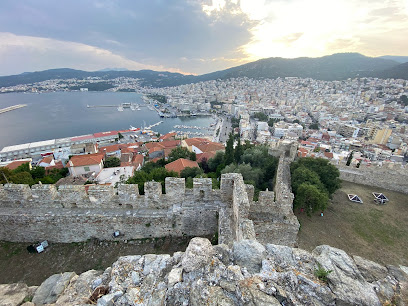
Faliro Park
Escape to Kavala's Faliro Park: A green sanctuary with scenic views, recreational spaces, and a vibrant community atmosphere by the sea.
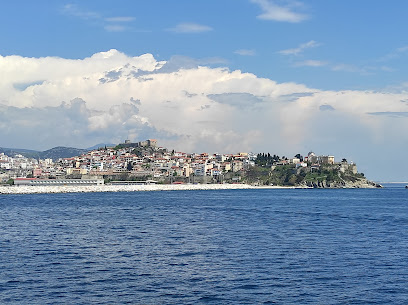
Kavala Archaeological Museum
Journey through time at the Kavala Archaeological Museum, exploring the ancient roots of Eastern Macedonia and Thrace.
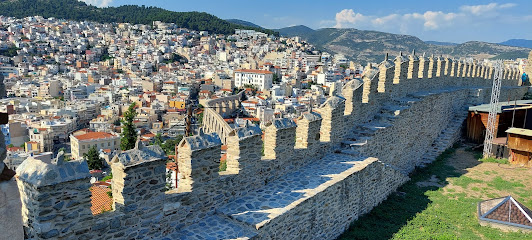
Tobacco Museum of Municipality of Kavala
Explore Kavala's aromatic past at the Tobacco Museum, a tribute to the city's golden age in tobacco cultivation and trade.
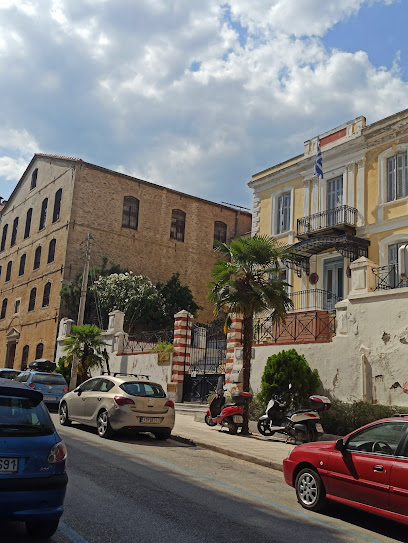
Mehmet Ali's Residence Museum
Discover the legacy of Mehmet Ali Pasha in Kavala: A journey through Ottoman history and Egyptian influence at his beautifully preserved residence.
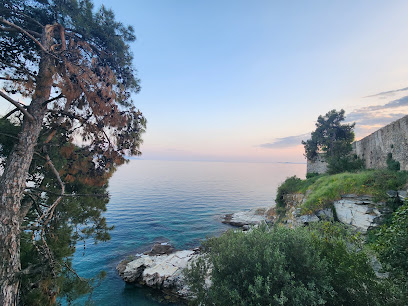
Perigiali beach
Escape to Perigiali Beach in Kavala: turquoise waters, seaside tavernas, and a tranquil retreat just minutes from the city center.
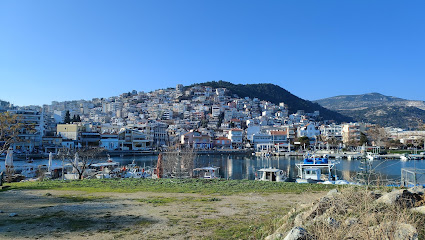
Brickwall Pub
Kavala's Brickwall Pub: A cozy spot with a wide selection of beers, friendly service, and a lively rock music atmosphere for locals and tourists.
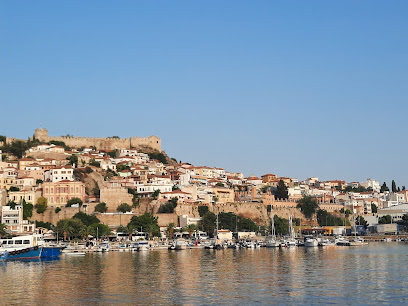
Lighthouse of Kavala
A historic Kavala landmark offering stunning Aegean views, the lighthouse is a must-see for sunset lovers and history buffs alike.
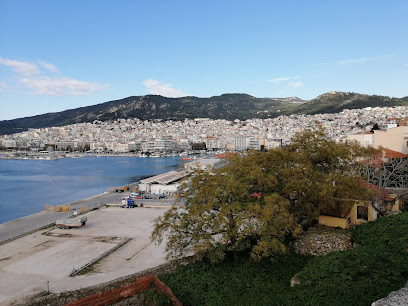
Kavala Beach
Discover Kavala Beach: Golden sands, crystal waters, and a perfect blend of relaxation and Aegean adventure await!
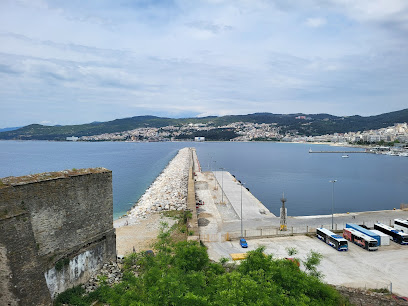
Square Mehmet Ali
Discover Kavala's heart at Square Mehmet Ali: a vibrant plaza honoring Mehmet Ali Pasha with neoclassical charm and cultural experiences.
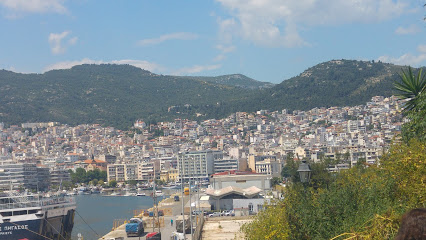
OLD TOWN - PANAGIA
Explore Kavala's historic Old Town: Cobblestone streets, stunning views, and a blend of Byzantine & Ottoman architecture.
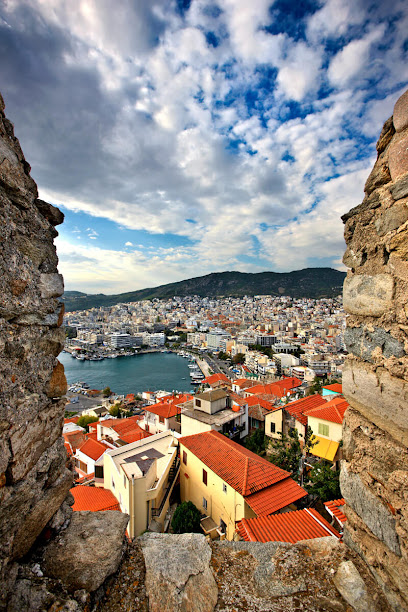
Halil Bey Mosque
Explore Kavala's Halil Bey Mosque: A historical landmark blending Ottoman & Byzantine architecture, offering insights into the city's multicultural past.
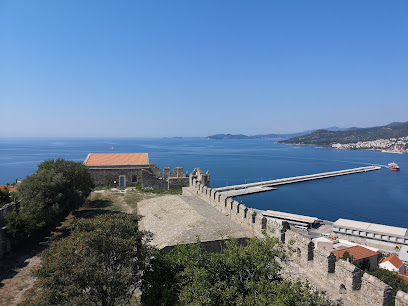
Via Egnatia
Walk the ancient path of emperors and apostles: Explore the Via Egnatia in Kavala, a journey through Roman history and stunning vistas.
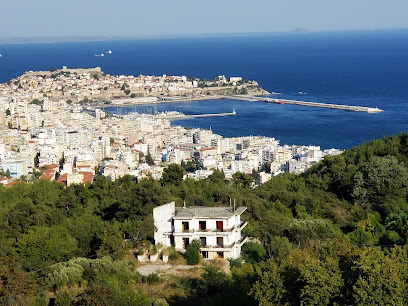
The Waterway Trail
Hike through history on the Waterway Trail in Kavala, Greece, exploring ancient aqueducts, stone bridges, and natural beauty.
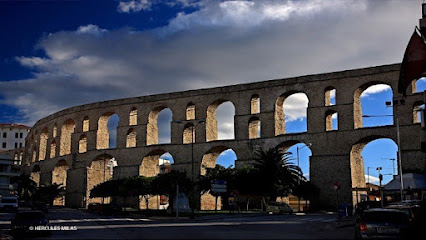
Blue Rooster Emporium
Discover unique, handcrafted Greek souvenirs at Kavala's Blue Rooster Emporium, supporting local artisans and taking home a piece of Greek culture.
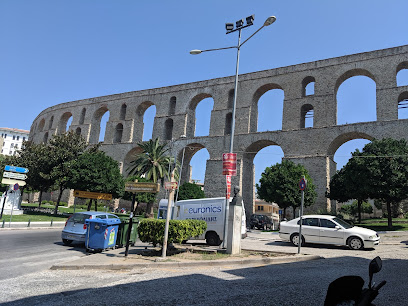
Unmissable attractions to see
Psili Ammos Beach
Discover the enchanting Psili Ammos Beach in Astrida, Greece, where golden sands meet crystal-clear waters, offering adventure and relaxation for every traveler.
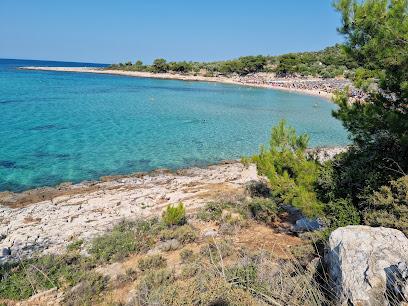
Golden Beach
Discover the breathtaking beauty of Golden Beach in Thasos, Greece, a perfect destination for relaxation, adventure and stunning coastal views.
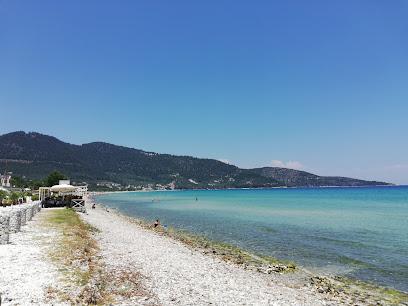
Giola lagoon
Experience the enchanting Giola Lagoon in Alyki, Greece, a natural treasure with sparkling waters and breathtaking cliffside views that promise unforgettable memories.
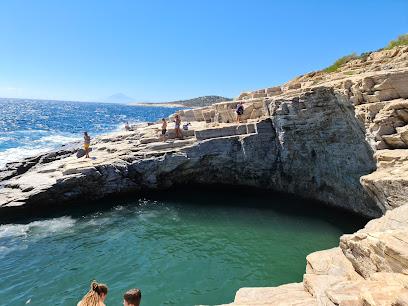
Ammolofoi Beach
Discover Ammolofoi Beach, a breathtaking coastal gem in Greece, where golden sands meet crystal-clear waters for an unforgettable experience.
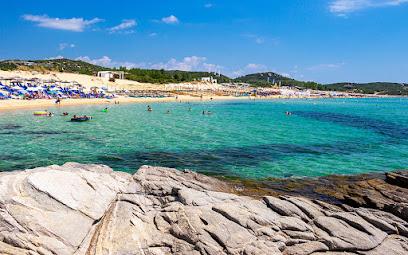
Virgin Mary Eikosifoinissa Holy Convent
Discover the Virgin Mary Eikosifoinissa Holy Convent, a serene retreat in Proti, Greece, showcasing stunning architecture and rich spiritual heritage.
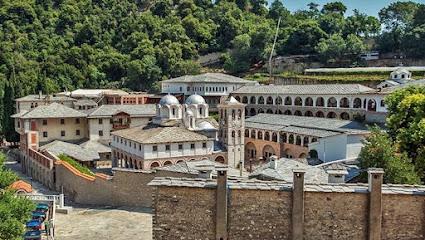
Aliki Beach
Discover Aliki Beach, a serene haven in Greece with crystal-clear waters, soft sands, and vibrant local culture, perfect for a relaxing getaway.
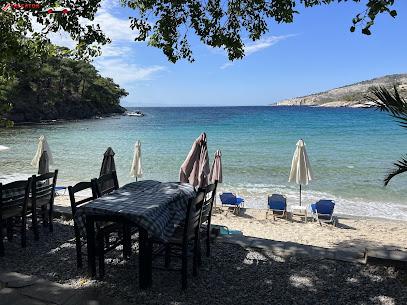
Giola Doğal Havuz
Experience the serene beauty of Giola Doğal Havuz, a stunning natural pool on Thasos Island, perfect for a tranquil escape and unforgettable memories.
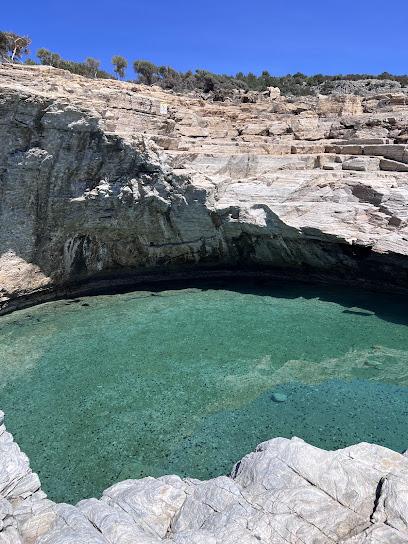
Saliara Beach
Experience the breathtaking beauty of Saliara Beach in Thasos, where crystal-clear waters meet stunning landscapes for a perfect getaway.
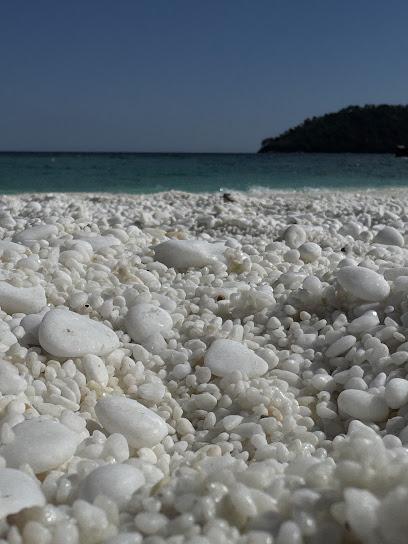
Paralia Pachi
Discover the tranquil beauty of Paralia Pachi, a stunning beach on Thasos Island, where crystal-clear waters meet golden sands for an unforgettable escape.
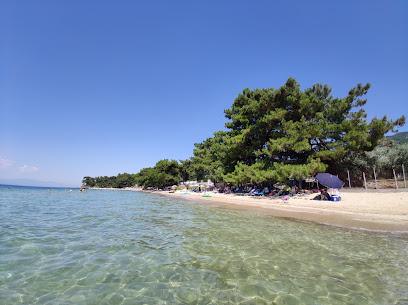
Holy Baptistery of Saint Lydia of Philippi
Discover the spiritual heart of Philippi at the Holy Baptistery of Saint Lydia, a site rich in history and serene beauty, perfect for reflective travelers.
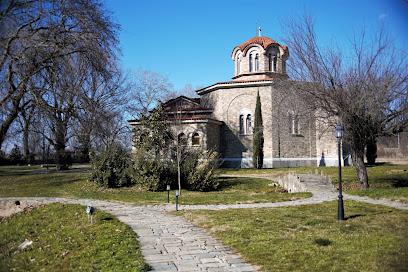
Atspas Beach
Discover the serene beauty of Atspas Beach on Thasos Island, where crystal-clear waters and lush surroundings create the perfect getaway.
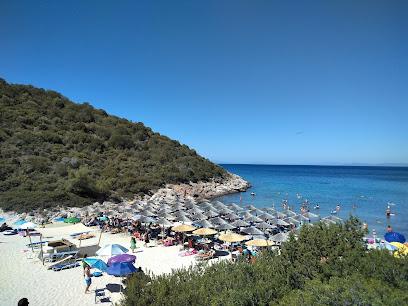
Faliro Park
Discover the charm of Faliro Park in Kavala, a serene city park offering lush greenery, recreational activities, and a peaceful escape for every traveler.
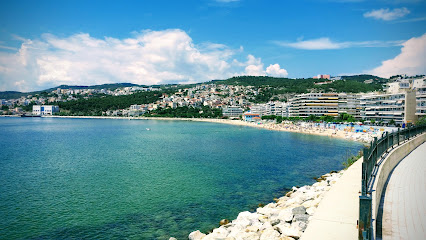
Trypiti Beach
Experience the tranquility and beauty of Trypiti Beach on Thasos Island, where golden sands meet crystal-clear waters in a picturesque setting.
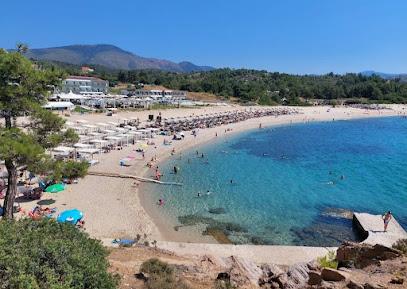
Archaeological Museum Of Philippi
Discover the rich history of the Archaeological Museum of Philippi, featuring ancient artifacts and insights into the past of this remarkable archaeological site.
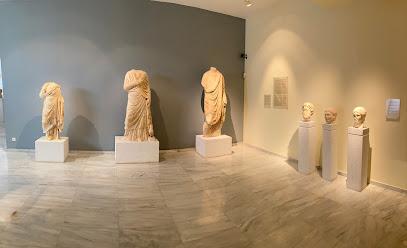
Golden beach
Unwind at Golden Beach, Thasos: A serene paradise with golden sands, crystal-clear waters, and a perfect blend of relaxation and adventure.
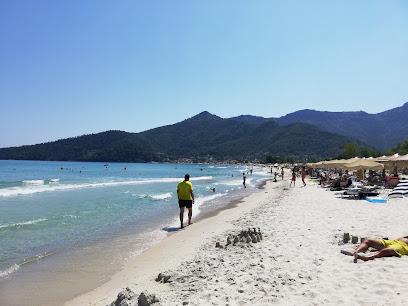
Essential places to dine
Savvas Seafood
Experience the taste of the Mediterranean at Savvas Seafood in Kavala – fresh seafood, vibrant atmosphere, and unforgettable flavors await you.
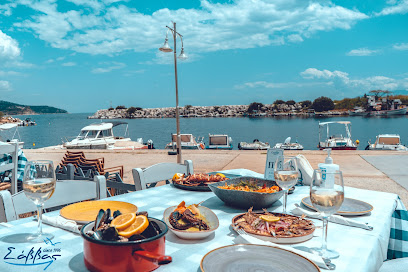
Τσαλαπετεινός (Tsalapeteinos Urban Farm)
Discover Tsalapeteinos Urban Farm in Kavala: where fresh ingredients meet authentic Greek flavors in a charming setting.
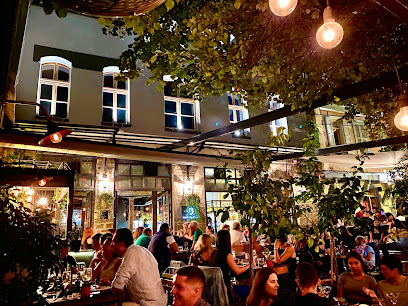
Tsipouradiko Nemesis
Discover authentic Greek flavors at Tsipouradiko Nemesis in Kavala – a culinary haven for seafood lovers seeking vibrant dining experiences.
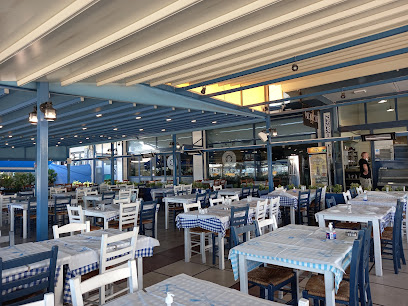
Απίκο Τσιπουράδικο
Discover the heart of Kavala at Apiko Tsipouradiko - where authentic Greek cuisine meets warm hospitality.
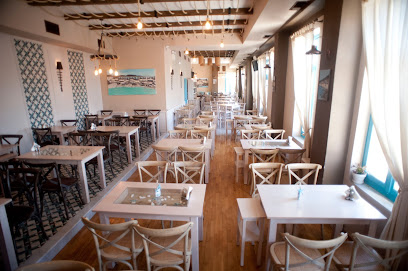
Το Αραλίκι
Discover authentic Greek flavors at Το Αραλίκι in Kavala - where tradition meets taste in every dish.
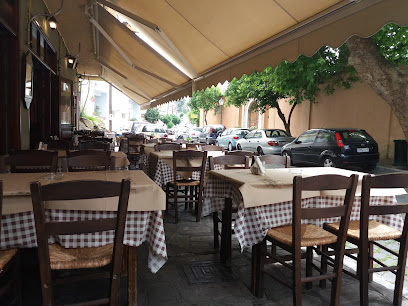
Sousouro
Experience authentic Greek barbecue at Sousouro in Kavala—where flavors ignite and memories are made.
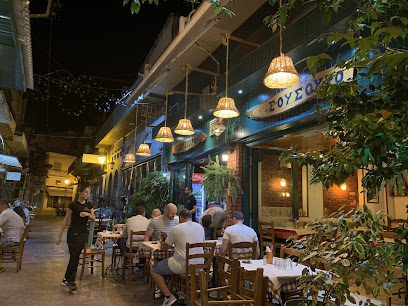
Meltemi
Experience authentic Greek flavors and stunning sea views at Meltemi in Kavala - a culinary delight not to be missed.
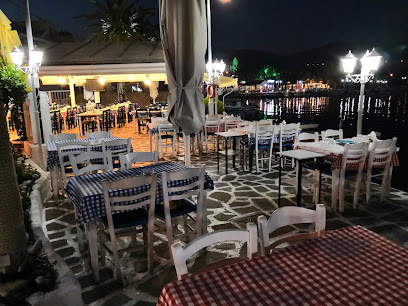
Balaouro
Discover authentic Greek flavors at Balaouro in Kavala – where tradition meets culinary excellence.
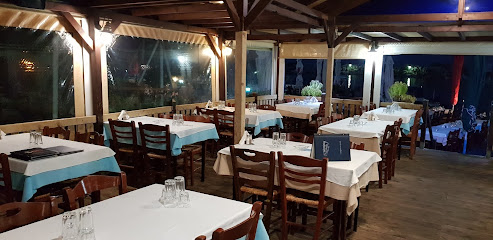
Mermaids And Guys
Experience authentic Greek cuisine at Mermaids And Guys in Kavala – where every dish tells a story.
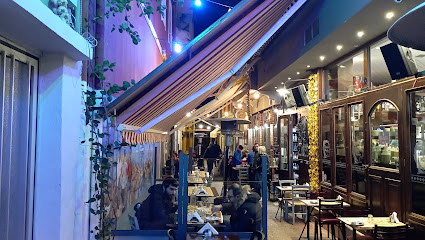
180° sun & lounge
Discover exquisite dining at 180° Sun & Lounge in Kavala - where culinary excellence meets stunning coastal views.
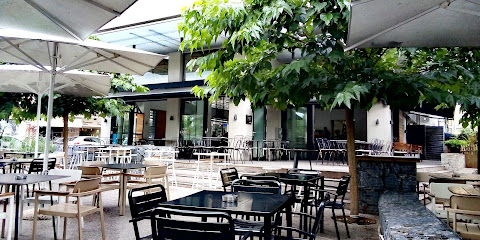
La Rocca
Experience authentic Italian flavors at La Rocca in Kavala - where every pizza is crafted with love and tradition.
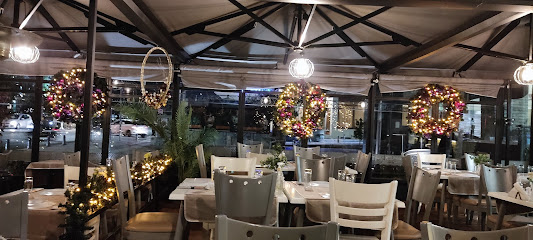
Ψαράκι
Discover Ψαράκι in Kavala - where exquisite seafood meets breathtaking seaside views in a charming Mediterranean setting.
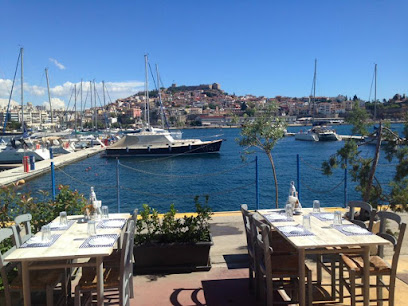
“Παραλιακόν” Εστιατόριο
Savor authentic Greek flavors at Παραλιακόν Restaurant in Kavala - a haven for grilled meats and vibrant coastal dining.
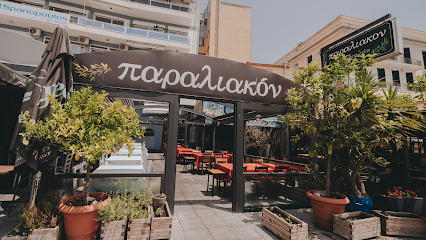
Proto Katsiki
Discover authentic Greek flavors at Proto Katsiki, where traditional cuisine meets modern dining in beautiful Kavala.
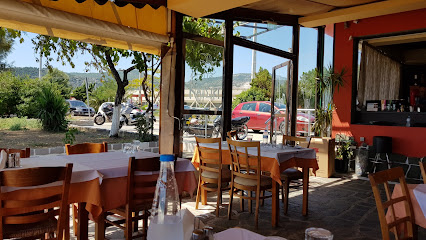
EPICURE
Discover Epicure in Kavala - where Mediterranean flavors meet modern dining in a vibrant atmosphere.
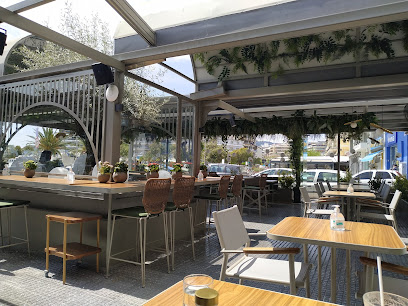
Markets, malls and hidden boutiques
Εμπορικό Κέντρο Καβάλας /Διατηρητέο Συγκρότημα Καπναποθηκών
Experience the charm of shopping in Kavala's historic center, where modern retail meets cultural heritage amidst stunning architecture.
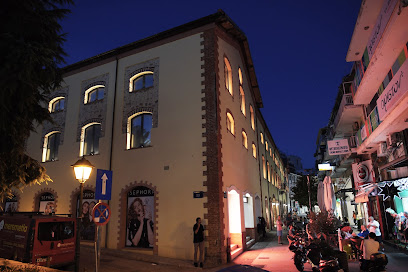
Public Καβάλας
Discover the perfect blend of electronics, books, and gaming at Public Καβάλας, your ultimate shopping destination in Kavala.
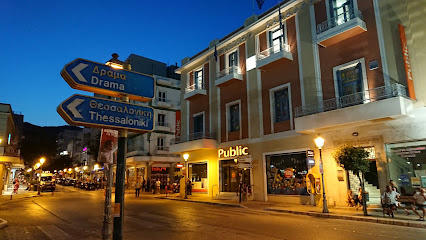
Hondos Center
Explore Hondos Center in Kavala for a unique shopping experience featuring global brands and local treasures in a vibrant atmosphere.
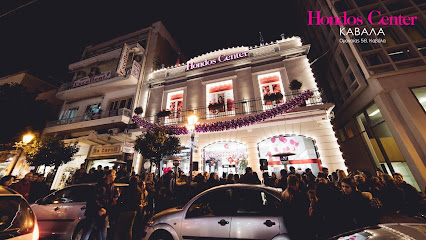
Boulangerie Boutique by CHEF Konstandinos
Experience the essence of Kavala with exquisite pastries that delight your taste buds at Boulangerie Boutique by CHEF Konstandinos.
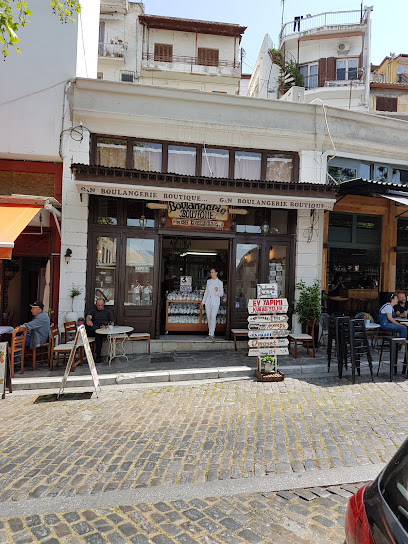
NARLIS, B., & SONS CO
Discover a charming children's store in Kavala, offering toys, baby products, and unique collectibles for families and collectors.
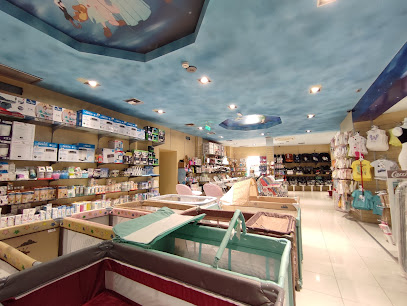
SEPHORA KAVALA
Explore beauty treasures at Sephora Kavala, where high-end cosmetics meet exceptional service in a chic shopping environment.
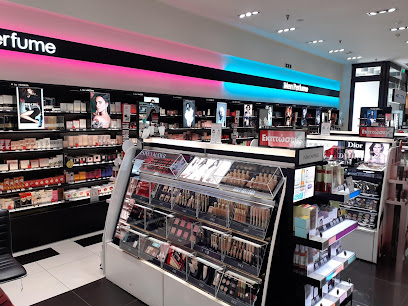
Music Place
Explore the heart of Kavala's music scene at Music Place, where every note tells a story.
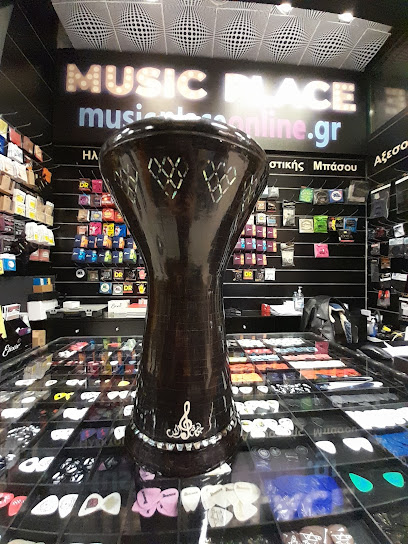
Marks & Spencer
Discover the essence of style and quality at Marks & Spencer in Kavala, where fashion meets affordability for an unforgettable shopping experience.
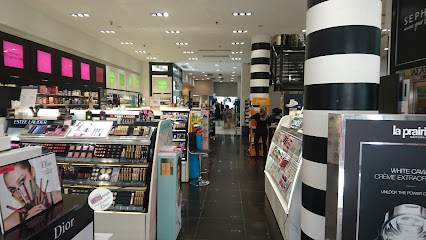
Princess boutique : Βρεφικά & Παιδικά ρούχα για αγόρια & κορίτσια έως 16 ετών (φορέματα, φόρμες, σετ, μπουφάν κ.ά)
Discover stylish children's clothing and accessories at Princess Boutique in Kavala, the go-to store for fashion-forward kids' apparel.
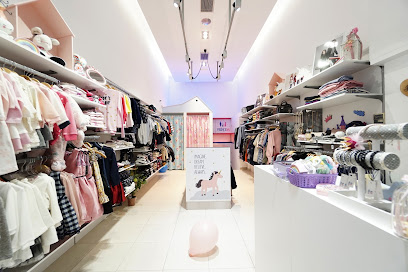
Blue Rooster Emporium
Explore Blue Rooster Emporium in Kavala for unique souvenirs and local crafts that capture the essence of Greek culture.
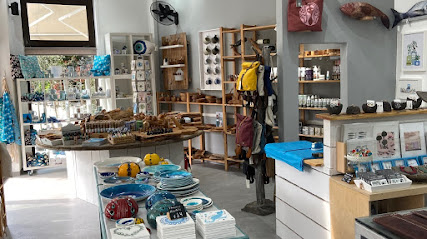
VICKO Kavala
Explore VICKO Kavala, a unique home goods store offering quality appliances and novelties that capture the essence of Kavala's charm.
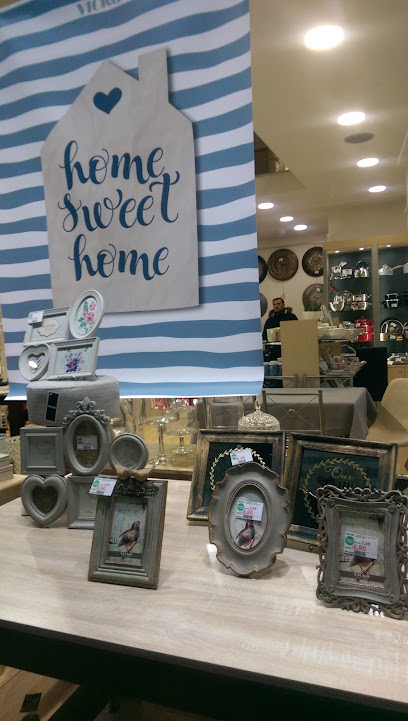
Cherry Blossom Boutique
Discover exquisite women's fashion at Cherry Blossom Boutique, a must-visit destination in Kavala, Greece for style-savvy travelers.
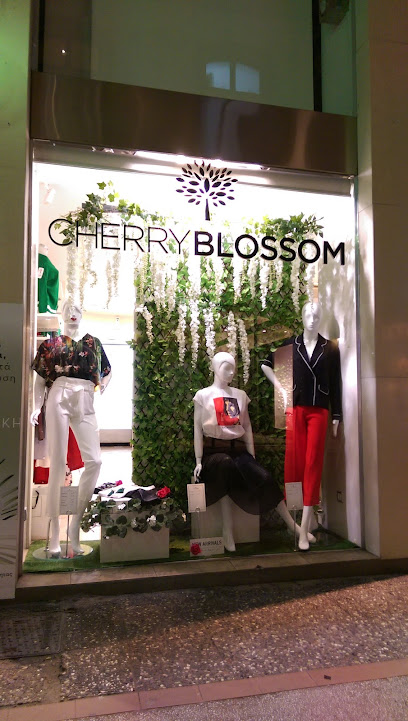
ΚΕΛΓΙΩΡΓΗΣ ΓΟΥΝΑΡΙΚΑ-ΔΕΡΜΑΤΙΝΑ
Discover the luxury of fur and leather at ΚΕΛΓΙΩΡΓΗΣ ΓΟΥΝΑΡΙΚΑ-ΔΕΡΜΑΤΙΝΑ in Kavala, where tradition meets modern fashion.
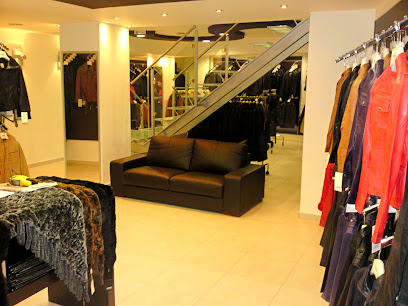
LOREZ LTD
Discover LOREZ LTD in Kavala, where fashion meets local charm in a stunning collection of dresses and accessories.
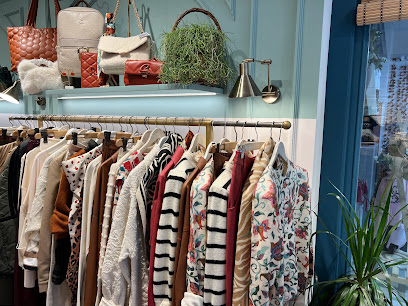
Yiassou Greece
Explore Yiassou Greece for authentic souvenirs that capture the essence of Kavala and celebrate Greek craftsmanship.
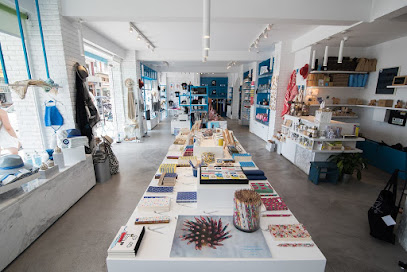
Essential bars & hidden hideouts
180° sun & lounge
Experience exquisite dining and stunning views at 180° Sun & Lounge, a culinary gem in the heart of Kavala, Greece.
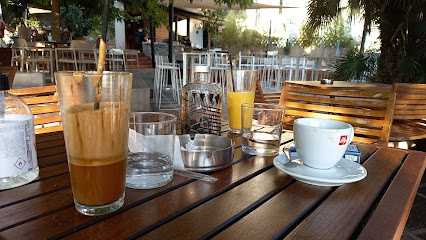
FRANCO'S
Discover the cozy charm of Franco's in Kavala, where exquisite wines and delightful ambiance create the perfect escape.
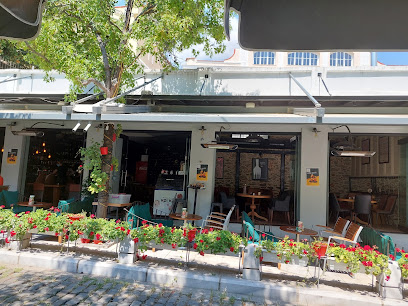
Mylou Molos Cafe Bar
Discover the flavors of Greece at Mylou Molos Cafe Bar, a coastal culinary haven in Kavala, perfect for every dining occasion.
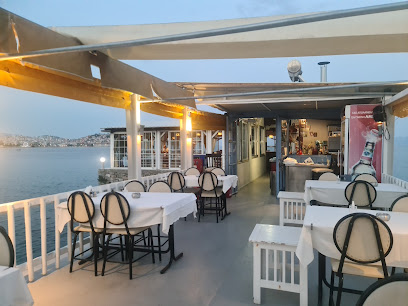
Naval Terrace Bar
Discover the vibrant Naval Terrace Bar in Kavala, where stunning sea views and a lively atmosphere await every visitor.
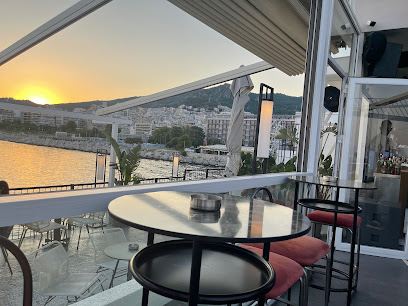
1901 Old Town Cafe Wine Bar
Discover the essence of Kavala at 1901 Old Town Cafe Wine Bar, where cocktails, espresso, and fine wines meet a charming atmosphere.
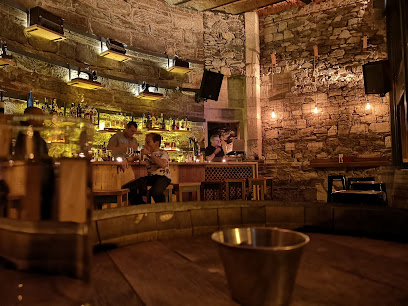
Brickwall Pub
Discover the lively Brickwall Pub in Kavala, where great food, drinks, and entertainment come together for an unforgettable experience.
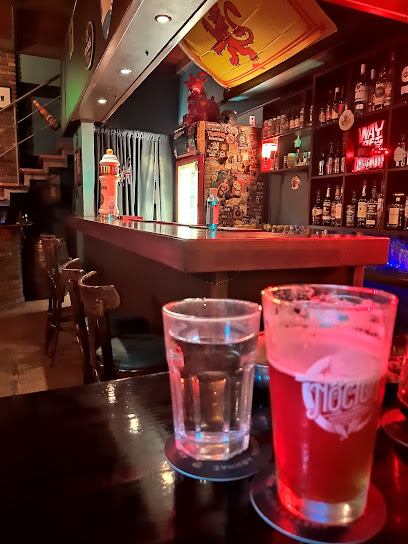
Ypobrychio
Experience the vibrant nightlife of Kavala at Ypobrychio, where exquisite cocktails and a lively atmosphere await you.
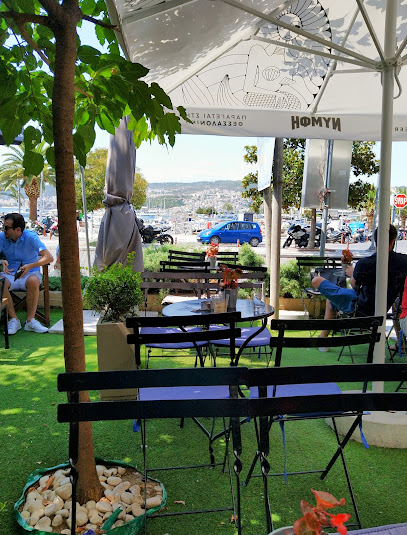
BLUE
Discover the lively ambiance and refreshing drinks at Blue Cafe, a top bar in Kavala, Greece, perfect for relaxation and socializing.
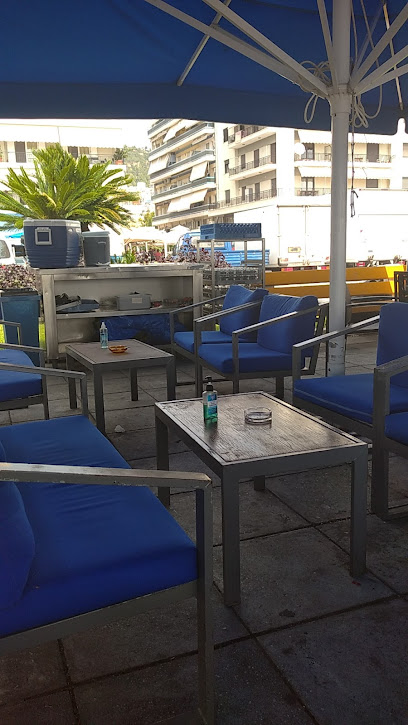
Capsula
Experience the vibrant nightlife of Kavala at Capsula, where expertly crafted cocktails meet a welcoming atmosphere.
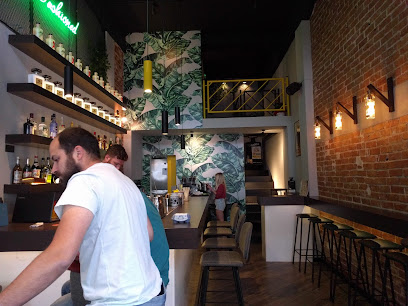
Pecado - Tapas Bar -
Discover the vibrant flavors of Mediterranean cuisine at Pecado - Tapas Bar in Kavala, where every dish tells a story.
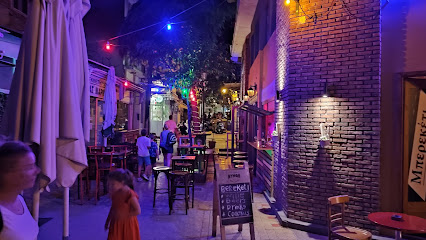
Derelicte
Discover the vibrant nightlife at Derelicte, Kavala's top cocktail bar offering unique drinks and an electrifying atmosphere.
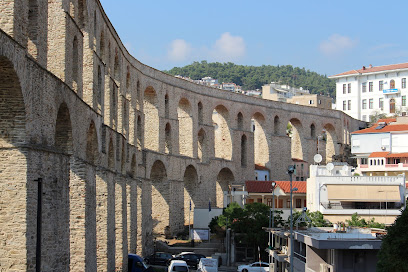
Medousa Pub
Experience the lively ambiance and delicious grill dishes at Medousa Pub in Kavala, a must-visit for food lovers and nightlife enthusiasts.
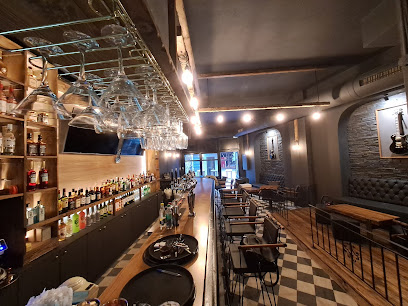
Ginger Urban Bar
Experience the vibrant nightlife of Kavala at Ginger Urban Bar, where expertly crafted cocktails meet stylish ambiance and warm hospitality.
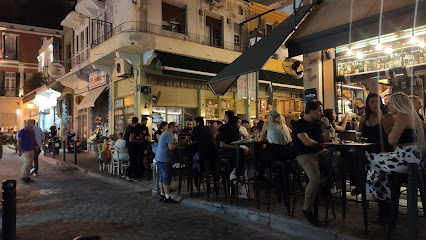
Aqua Club
Experience the lively atmosphere and diverse drink selection at Aqua Club, a must-visit bar in the heart of Kavala.
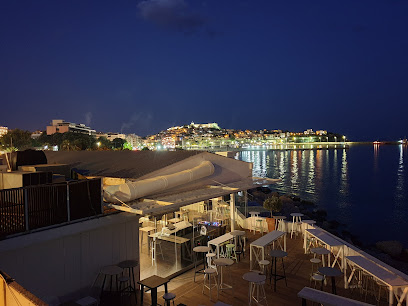
Local Phrases
-
- HelloΓεια σας
[Ya sas] - GoodbyeΑντίο
[Adio] - YesΝαι
[Ne] - NoΌχι
[Ochi] - Please/You're welcomeΠαρακαλώ
[Parakalo] - Thank youΕυχαριστώ
[Efharisto] - Excuse me/SorryΣυγνώμη
[Signomi] - How are you?Πώς είστε;
[Pos iste?] - Fine. And you?Καλά. Εσείς;
[Kala. Esis?] - Do you speak English?Μιλάτε Αγγλικά;
[Milate Anglika?] - I don't understandΔεν καταλαβαίνω
[Den katalaveno]
- HelloΓεια σας
-
- I'd like to see the menu, pleaseΘα ήθελα να δω το μενού, παρακαλώ
[Tha ithela na do to menou, parakalo] - I don't eat meatΔεν τρώω κρέας
[Den troo kreas] - Cheers!ΥΓΕΙΑ!
[Yia] - I would like to pay, pleaseΘέλω να πληρώσω, παρακαλώ
[Thelo na plirosou, parakalo]
- I'd like to see the menu, pleaseΘα ήθελα να δω το μενού, παρακαλώ
-
- Help!Βοήθεια!
[Voithia!] - Go away!Φύγε!
[Fiye!] - Call the Police!Καλέστε την Αστυνομία!
[Kaleste tin Astinomia!] - Call a doctor!Καλέστε έναν γιατρό!
[Kaleste enan giatro!] - I'm lostΈχω χαθεί
[Eho hathi] - I'm illΕίμαι άρρωστος
[Ime arrostos]
- Help!Βοήθεια!
-
- I'd like to buy...Θα ήθελα να αγοράσω...
[Tha ithela na agoraso...] - I'm just lookingΑπλά κοιτάω
[Apla kitao] - How much is it?Πόσο κοστίζει;
[Poso kostizi?] - That's too expensiveΑυτό είναι πολύ ακριβό
[Afto ine poli akribo] - Can you lower the price?Μπορείτε να μειώσετε την τιμή;
[Borite na meiosete tin timi?]
- I'd like to buy...Θα ήθελα να αγοράσω...
-
- What time is it?Τι ώρα είναι;
[Ti ora ine?] - It's one o'clockΕίναι μία ώρα
[Ine mia ora] - Half past (10)Μισή (δέκα)
[Misi (deka)] - MorningΠρωί
[Proi] - AfternoonΑπόγευμα
[Apoyevma] - EveningΒράδυ
[Vradi] - YesterdayΧτες
[Htes] - TodayΣήμερα
[Simera] - TomorrowΑύριο
[Avrio] - 1Ένα
[Ena] - 2Δύο
[Dio] - 3Τρία
[Tria] - 4Τέσσερα
[Tessera] - 5Πέντε
[Pente] - 6Έξι
[Exi] - 7Επτά
[Epta] - 8Οκτώ
[Okto] - 9Εννιά
[Ennia] - 10Δέκα
[Deka]
- What time is it?Τι ώρα είναι;
-
- Where's a/the...?Πού είναι ένα/το...;
[Pou ine ena/to...?] - What's the address?Ποια είναι η διεύθυνση;
[Poia ine i diefthinsi?] - Can you show me (on the map)?Μπορείτε να μου δείξετε (στο χάρτη);
[Borite na mou dixete (sto charti)?] - When's the next (bus)?Πότε είναι το επόμενο (λεωφορείο);
[Pote ine to epomeno (leoforeio)?] - A ticket (to ....)Ένα εισιτήριο (προς το ....)
[Ena isitirio (pros to ....)]
- Where's a/the...?Πού είναι ένα/το...;
History of Kavala
-
Kavala, originally known as Neapolis, was founded in the 7th century BCE by settlers from Thasos. It quickly became an important port city due to its strategic location on the Aegean Sea, providing a crucial link between the islands and the mainland. In antiquity, it served as a vital trade and military hub, facilitating commerce and cultural exchange across the region.
-
In 168 BCE, Kavala fell under Roman control. The Romans recognized its strategic significance and developed the city further. Kavala became a key point along the Via Egnatia, the major Roman road that connected the Adriatic Sea to Byzantium. This period saw substantial economic growth and urban development, including the construction of major infrastructure such as aqueducts and public buildings.
-
During the Byzantine period, Kavala continued to thrive as a significant port city. It was renamed Christoupolis, reflecting the city's adoption of Christianity. The construction of fortifications and churches during this era underscored its importance as a religious and military stronghold. However, it also faced numerous invasions and was repeatedly captured and recaptured by various forces.
-
In the 14th century, Kavala fell to the Ottoman Empire, marking the beginning of a long period of Ottoman rule. The city was known as Kavala during this time and saw the construction of significant Ottoman architecture, including mosques, baths, and the famous aqueduct, known locally as Kamares. The Ottoman influence is still visible in the city’s architecture and cultural heritage today.
-
Kavala played a critical role in the Greek War of Independence in the early 19th century. It was eventually incorporated into the modern Greek state in 1913 after the Balkan Wars. The 20th century brought industrialization and economic development, with the city becoming known for its tobacco production. Kavala also played a significant role during World War II, enduring occupation and resistance movements.
-
Kavala's rich cultural heritage is a mosaic of its varied history. It hosts numerous festivals and events that celebrate its diverse past, from Byzantine music festivals to Ottoman-inspired culinary fairs. The city's museums, such as the Archaeological Museum of Kavala and the Tobacco Museum, offer deeper insights into its historical and economic background, making Kavala a living testament to its multifaceted history.
Kavala Essentials
-
Kavala is accessible via Kavala International Airport (Alexander the Great), which is about 30 kilometers from the city center. The airport offers flights to and from major cities in Greece and Europe. Alternatively, Thessaloniki International Airport is approximately 165 kilometers away and provides more extensive international connections. From either airport, you can reach Kavala by car rental, taxi, or bus. Kavala is also well-connected by bus services from Athens, Thessaloniki, and other major Greek cities. Additionally, Kavala is a port city, and you can travel by ferry from nearby islands and other coastal cities in Greece.
-
Kavala offers various transportation options for getting around the city and its surroundings. The local bus service (KTEL) is reliable and covers most areas of the city. Taxis are readily available and can be hailed on the street or booked in advance. Car rentals are a convenient option for exploring the broader region, including nearby beaches and historical sites. For a more leisurely experience, consider walking or biking along the city's scenic routes. Kavala's waterfront and old town are particularly pedestrian-friendly.
-
The official currency in Greece is the Euro (EUR). Credit and debit cards are widely accepted in hotels, restaurants, and shops in Kavala. However, it is advisable to carry some cash, especially when visiting smaller establishments or rural areas. ATMs are plentiful throughout the city, and most offer instructions in multiple languages. Currency exchange services are available at the airport, in banks, and at some travel agencies.
-
Kavala is generally a safe destination for tourists. However, it is wise to take standard precautions as you would in any other city. Avoid walking alone late at night in unfamiliar or poorly lit areas. Keep an eye on your belongings in crowded places and be cautious of pickpockets, especially in tourist hotspots. Areas like the old town and the port are bustling but usually safe, though it's always good to stay vigilant. Emergency contact numbers should be saved in your phone for quick access.
-
In case of an emergency, dial 112, the European emergency number, for immediate assistance. Kavala has several medical facilities, including the Kavala General Hospital, which offers comprehensive medical services. Pharmacies are widespread and can provide over-the-counter medications and some basic medical advice. It is also advisable to have travel insurance that covers medical emergencies. For police assistance, dial 100, and for fire services, dial 199.
-
Fashion: Do dress modestly, especially when visiting religious sites. Avoid overly revealing clothing. Religion: Do respect local customs and traditions. When entering churches, cover your shoulders and knees, and avoid loud conversations. Public Transport: Do be courteous to fellow passengers and offer your seat to the elderly, pregnant women, and those with disabilities. Don't eat or drink on public transport. Greetings: Do greet people with a friendly 'Kalimera' (Good morning) or 'Kalispera' (Good evening). A handshake is generally acceptable. Eating & Drinking: Do try local delicacies and enjoy the vibrant food culture. Don't rush meals; dining is a leisurely and social activity in Greece.
-
To experience Kavala like a local, visit the weekly farmers' market (laiki agora) for fresh produce and local products. Engage with the locals; they are known for their hospitality and love to share stories about their city. Don't miss the opportunity to explore the old town (Panagia) with its narrow streets, traditional houses, and the impressive Castle of Kavala. For a unique local experience, try the traditional 'ouzo' or 'tsipouro' in a seaside taverna while enjoying the stunning view of the Aegean Sea. Also, take part in local festivals and events, which are great opportunities to immerse yourself in the culture and traditions of Kavala.
Trending Landmark in Kavala
Nearby Cities to Kavala
-
Things To Do in Serres
-
Things To Do in Alexandroupoli
-
Things To Do in Thessaloniki
-
Things To Do in Haskovo
-
Things To Do in Katerini
-
Things To Do in Canakkale
-
Things To Do in Stara Zagora
-
Things To Do in Volos
-
Things To Do in Larissa
-
Things To Do in Gabrovo
-
Things To Do in Meteora
-
Things To Do in Pleven
-
Things To Do in Lamia
-
Things To Do in Gjilan
-
Things To Do in Kamenica













